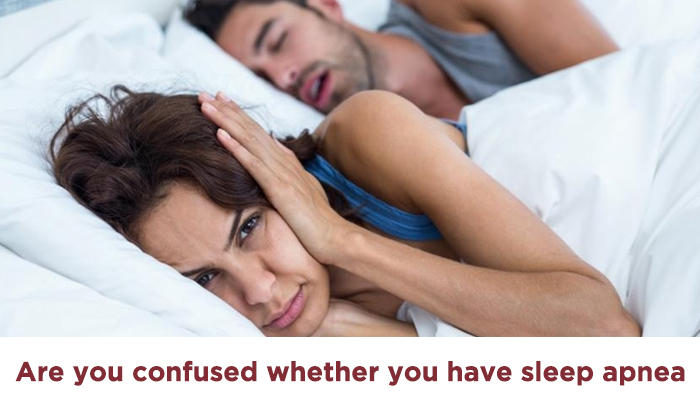Losing weight is not always an easy task, but did you know that your sleep can help play a significant role in helping you achieve your weight loss goals? In today’s world, getting enough sleep can often be a challenge. However, research has shown that a lack of sleep can impact your body’s ability to shed excess weight. Fortunately, Dr. Goel has some tips on how to improve your sleep in order to further support your weight loss.
Why Sleep Is Important for Weight Loss
Sleep is essential for our bodies to function properly, and it plays a critical role in regulating hormones that control appetite, metabolism, and energy expenditure. When you don’t get proper sleep, your body produces more of the hunger hormone ghrelin and less of the hormone leptin, which signals to your brain when you’re full. This hormonal imbalance can make you feel hungrier than usual, leading to overeating that can make your sleep worse.
The Science Behind Your Sleep & Weight Loss
Research has shown that individuals who consistently get enough sleep tend to have a lower body mass index (BMI) and are less likely to be overweight. One study found that people who slept for five hours per night were 55% more likely to become overweight than those who slept for seven to eight hours. Another study found that sleep-deprived people had higher levels of ghrelin, the hunger hormone, and lower levels of leptin, the hormone that signals fullness, compared to those who were able to get enough sleep.
Sleep Apnea & Weight Gain
Dealing with sleep apnea can cause long-term problems such as weight gain. Research has shown that people with obstructive sleep apnea are more likely to be overweight or obese than those without the condition. This could be due to a number of factors, including the impact of sleep apnea on hormones that help regulate appetite and metabolism.
When you have sleep apnea, your body may produce less leptin, which can make it harder to maintain a healthy weight. Additionally, sleep apnea can lead to fatigue and daytime sleepiness, making it hard to stick to a healthy diet and exercise routine.
Tips for Getting Enough Sleep
- Have a Sleep Schedule: Try to go to bed and wake up at the same time every day, even on the weekends. This helps regulate your body’s internal clock.
- Create a Relaxing Sleep Environment: Make sure your bedroom is cool, dark, and quiet. Use blackout curtains or a sleep mask to block out any light.
- Avoid Caffeine & Alcohol: Having caffeine and alcohol can interfere with your sleep, so try to avoid consuming them. Instead, opt for a cup of decaffeinated tea.
- Limit Screen Time Before Bed: The blue light emitted by electronic devices can interfere with your body’s natural sleep-wake cycle.
- Practice Relaxation Techniques: Relaxation techniques such as deep breathing, meditation, or yoga can help calm your mind and body.
Improve Your Sleep & Your Weight Loss
Getting enough sleep is essential for your overall health and well-being, and it can play a significant role in helping you achieve your weight goals. By regulating hormones that control appetite, metabolism, and energy expenditure, sleep can help you maintain a healthy weight. So, if you’re struggling to lose weight, consider treating your sleep apnea.


